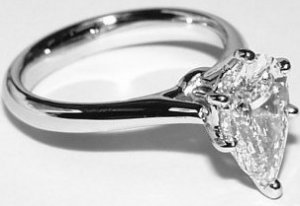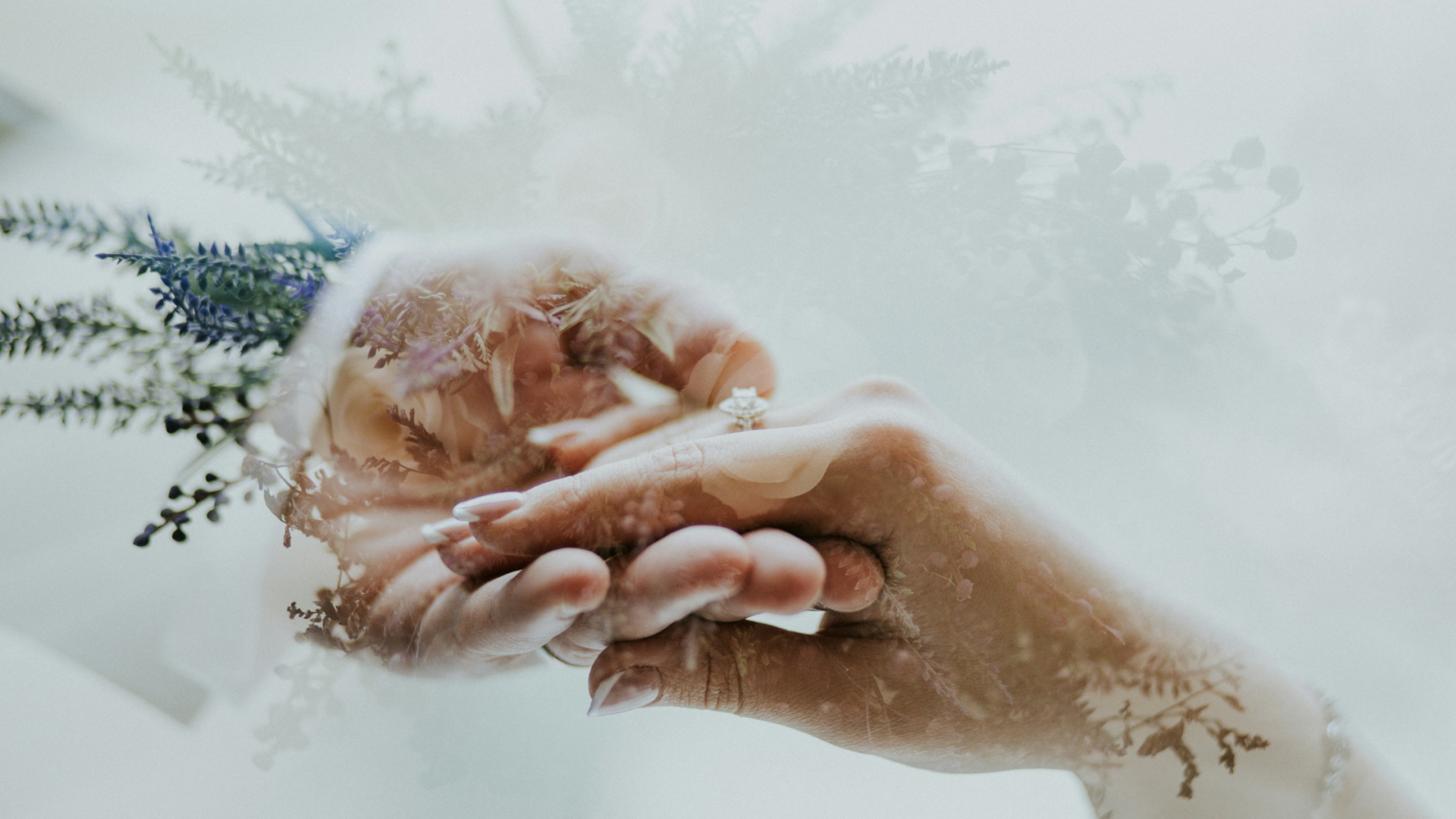Ok, I know that the discussion about platinum has been beaten to death, but I have search the archives and I still have a question.
I know that my g/f wants platinum so there is really no discussion of whether white gold is better. What I need to know now is how to the the best platinum setting I can. I am concerned only with quality. I would like to get a very hard, strong, durable ring that will last a life-time.
I realize that platinum takes on scratches more, but that "patina" and antique look is what I think she likes. I have heard stories of people who had platinum rings wear down fast or have deep scratches. I want to avoid that at all costs.
My questions are:
1) What combination of metals should I ask for? 95% plat, 5% iridium? or something else?
2) I have heard that when a ring is "stamped" with either "platinum" "plat" "950" or so forth, that it does not necessarily mean that the ring is made of 95% platinum. Is this true? How do I ensure that I get what I ask for?
3) Would it be better for it to be forged, cast or a manufactured piece like a Stuller.
4) One jeweler said they generally get rough settings from a manufacturer and then "finish" the ring. Is that generally a good process?
5) Do you have any other tips and suggestions for making sure I get the high quality platinum ring I desire?
I appreciate any comments.

I know that my g/f wants platinum so there is really no discussion of whether white gold is better. What I need to know now is how to the the best platinum setting I can. I am concerned only with quality. I would like to get a very hard, strong, durable ring that will last a life-time.
I realize that platinum takes on scratches more, but that "patina" and antique look is what I think she likes. I have heard stories of people who had platinum rings wear down fast or have deep scratches. I want to avoid that at all costs.
My questions are:
1) What combination of metals should I ask for? 95% plat, 5% iridium? or something else?
2) I have heard that when a ring is "stamped" with either "platinum" "plat" "950" or so forth, that it does not necessarily mean that the ring is made of 95% platinum. Is this true? How do I ensure that I get what I ask for?
3) Would it be better for it to be forged, cast or a manufactured piece like a Stuller.
4) One jeweler said they generally get rough settings from a manufacturer and then "finish" the ring. Is that generally a good process?
5) Do you have any other tips and suggestions for making sure I get the high quality platinum ring I desire?
I appreciate any comments.









300x240.png)